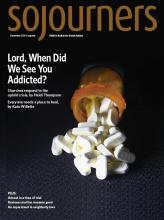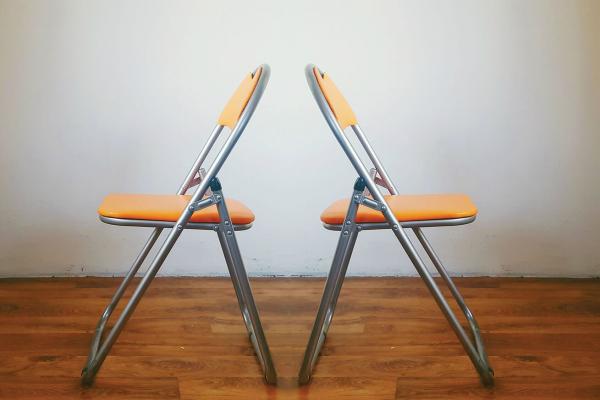THE UNEXPECTED CONVERSATION happened near the end of church coffee hour. As I headed toward the kitchen to drop off my cup and a small plate dotted with crumbs of coffee cake, I found myself in a brief exchange with some fellow parishioners. Perhaps something in the sermon that Sunday prompted it; I don’t recall. I do remember the clear revelation that this conversation somehow had to continue, because for the first time I was talking about a dicey political situation with fellow parishioners far more conservative than me.
Fed up with avoiding these conversations, I suggested: “We need to continue this.”
They agreed.
As in many rural areas in the U.S., we find ourselves deeply divided politically. Our president continues to promise to save America from what he deems wrong, which, he assures us, is most everything, especially from the last eight years. He keeps us busy chasing the rabbits he releases from his tweets, running all over the place. Some, opposing his views, march, write myriad letters to our representatives, sign petitions, and flood our newspapers with commentary. Others who support the president write letters to the editor praising his leadership and thanking him for following through with his promises, even when thwarted by the courts or an uncooperative Congress.
At times the divide is breathtaking.
Read the Full Article

